Volvo Car South Africa introduces range of electrified cars
By H&H Admin
Volvo Car South Africa has announced that its local range of vehicles is now almost entirely electrified.
Volvo Car South Africa has announced that its local range of vehicles is now almost entirely electrified as the Swedish luxury firm moves a step closer to its global ambition of transforming into a fully electric car company by 2030.
The updated South African line-up now comprises predominantly all-electric, plug-in hybrid and mild-hybrid options.
Greg Maruszewski, Managing Director at Volvo Car South Africa, said the move is in line with the Gothenburg-based company’s global strategy and affords South African motorists the opportunity to experience the various benefits of the three stages of vehicle electrification.
“Our mild-hybrid vehicles boast reduced tailpipe emissions, improved fuel economy and stronger on-road performance, making them ideal stepping stones to our plug-in hybrids – which add the major advantage of a pure-electric driving mode – and ultimately our all-electric offering. In short, our completely renewed line-up covers all of the electrification bases,” said Maruszewski.
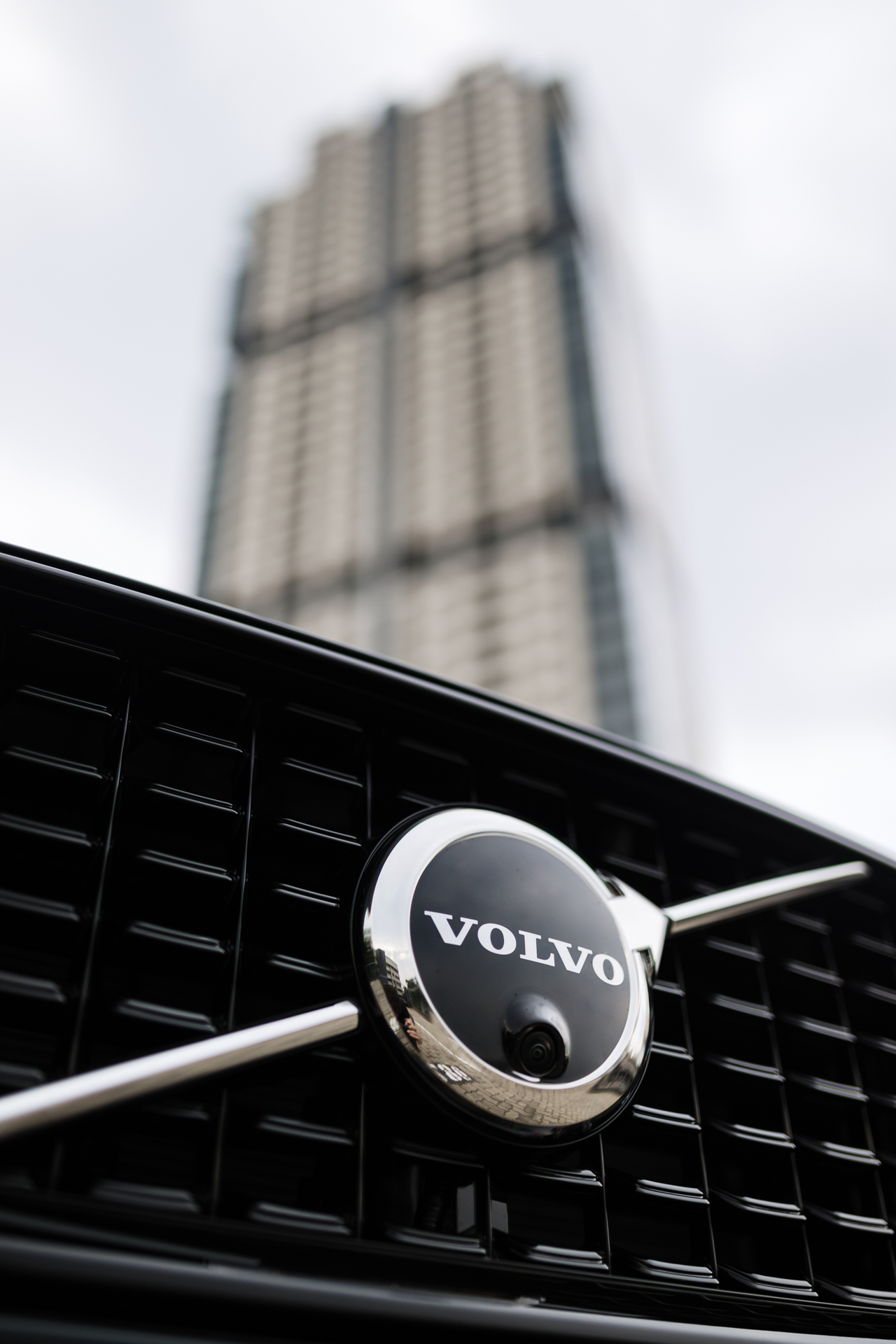
According to Maruszewski, Volvo Car South Africa’s decision to shift its primary focus to hybrid vehicles is based on the belief that this type of powertrain currently represents the ideal solution for the majority of the company’s local customers.
With the S90 and V90 Cross Country line-ups now also featuring exclusively mild-hybrid powertrains, the only purely petrol-powered options that remain in Volvo’s local range are the T-badged derivatives in the popular XC40 line-up.
Maruszewski further pointed to not only the world-class safety technology intrinsic to Volvo’s vehicles but also the class-leading connectivity available in various models, including the company’s latest Android-powered infotainment system, which ships complete with built-in Google apps and services.
In global terms, Volvo’s electrified line-up continues its rapid growth, with Recharge models making up 34 percent of the company’s global sales volume in the fourth quarter of 2021 and plug-in hybrids accounting for 28 percent.
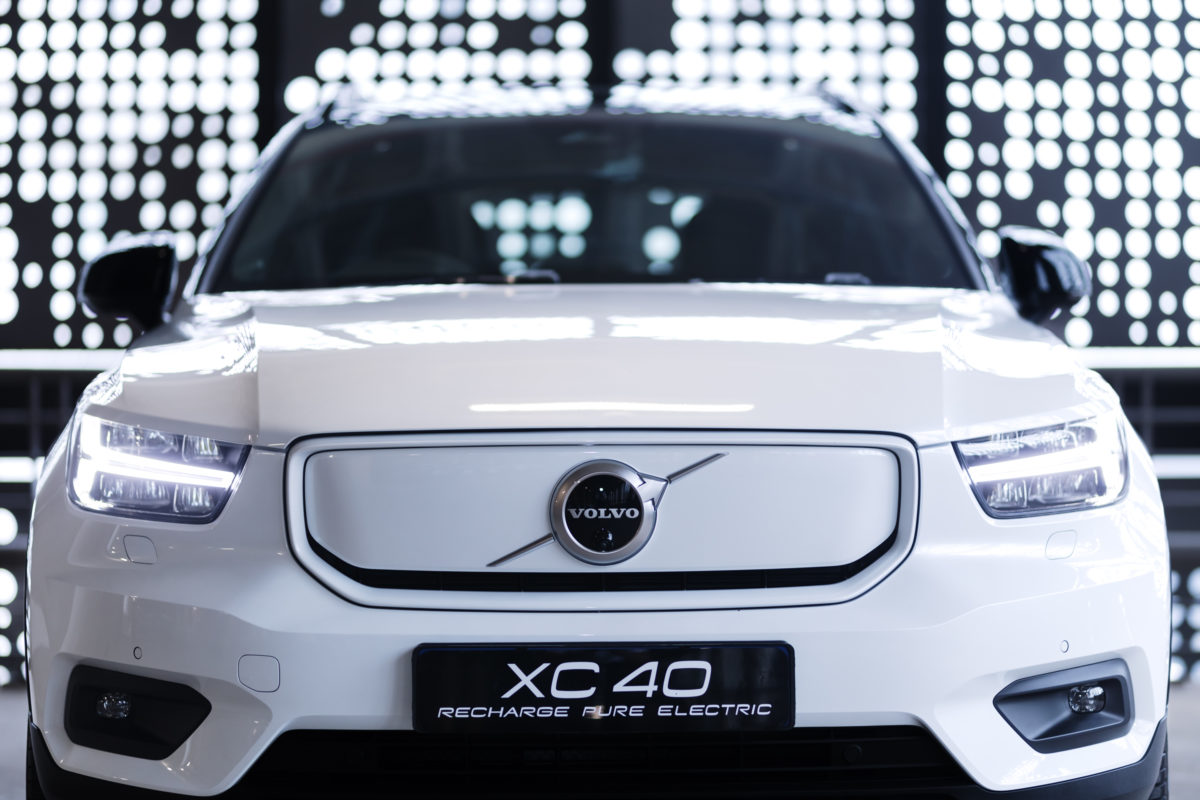






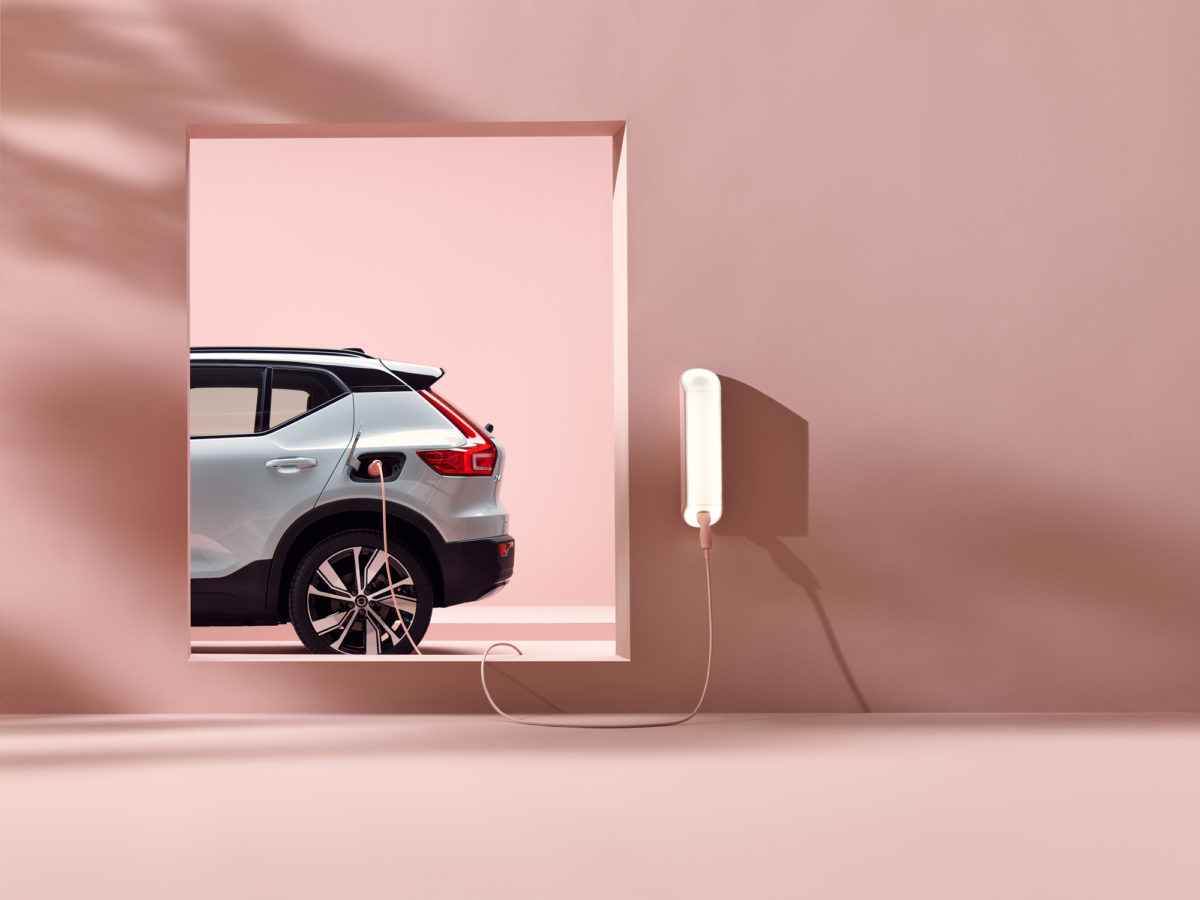
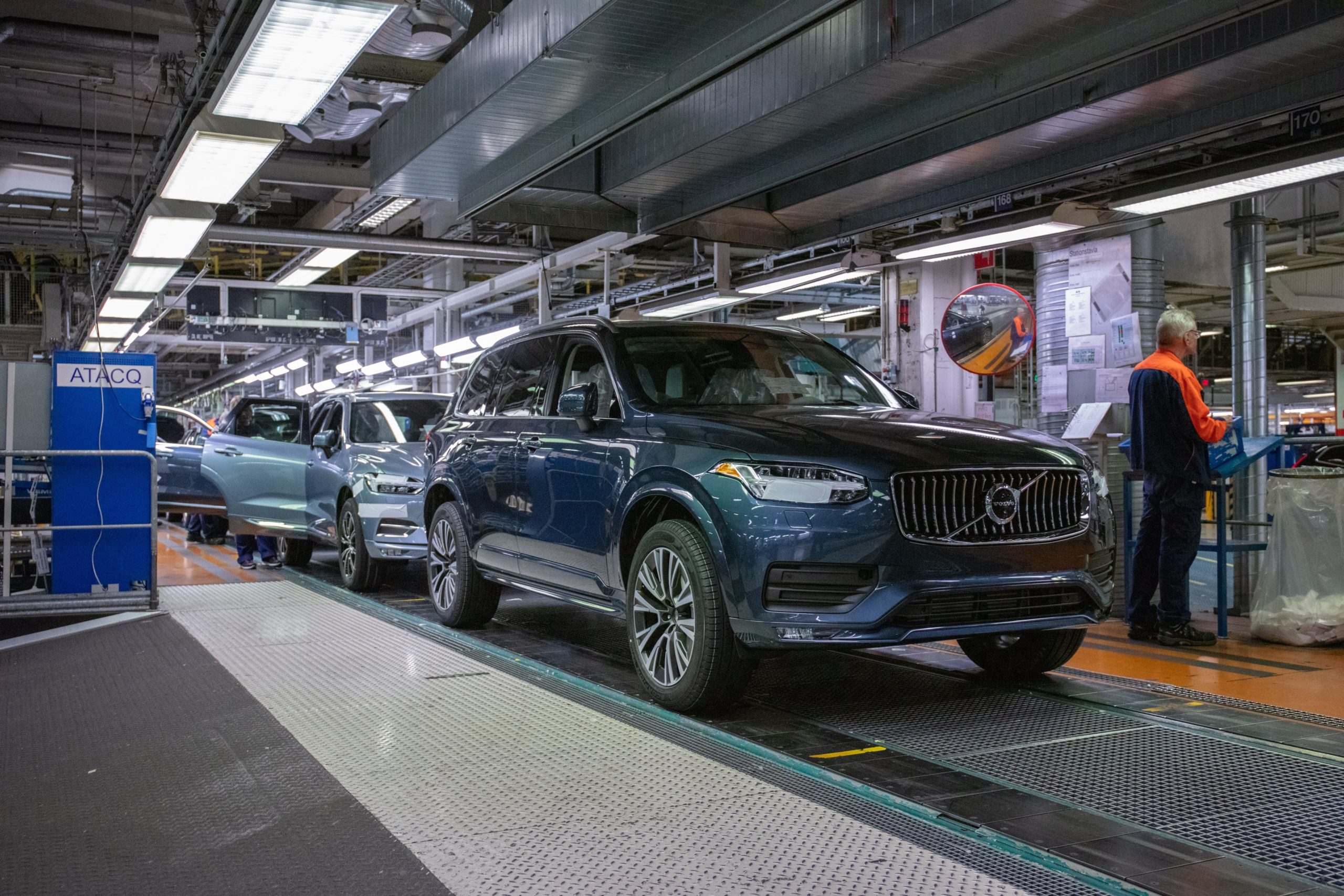
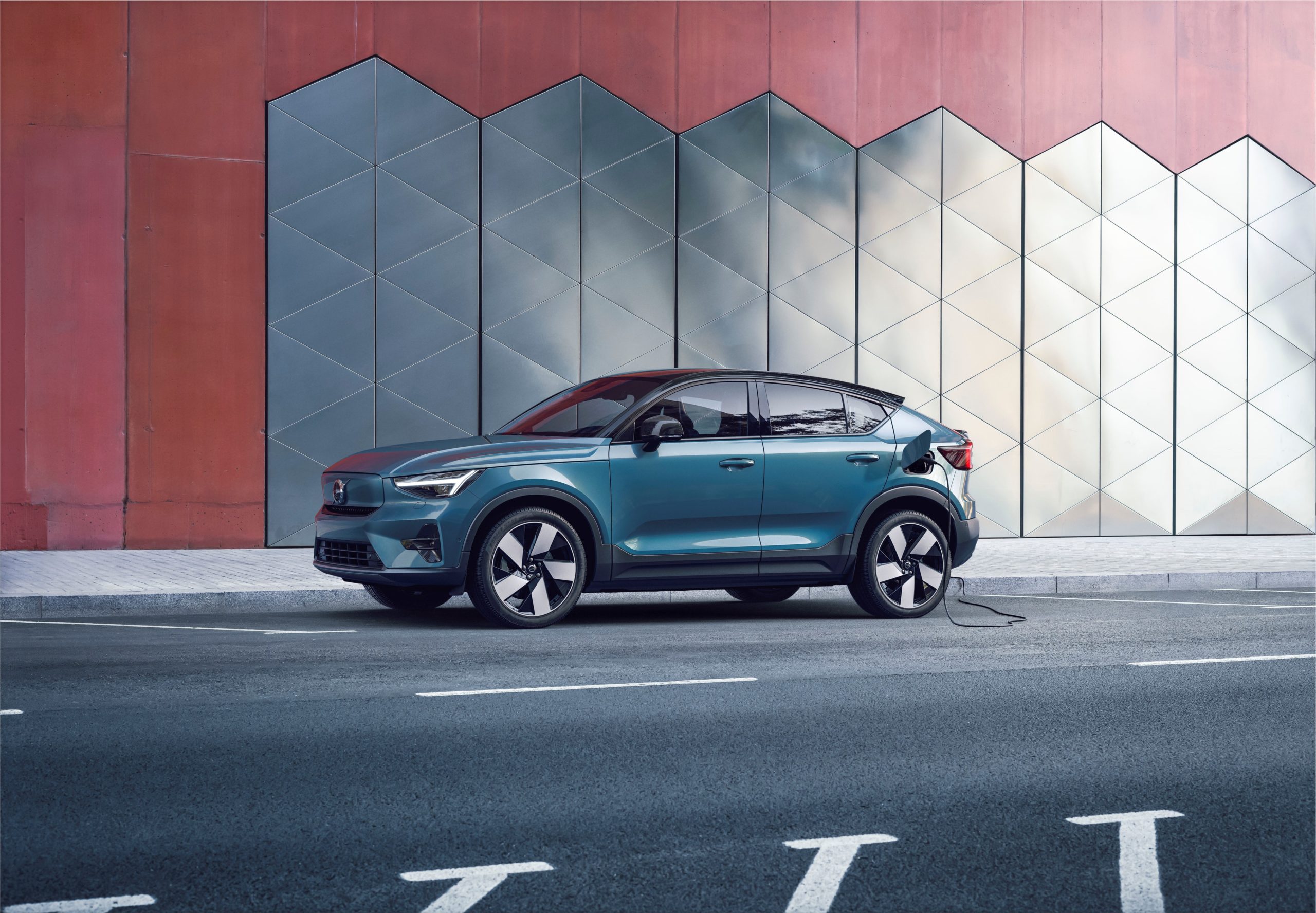
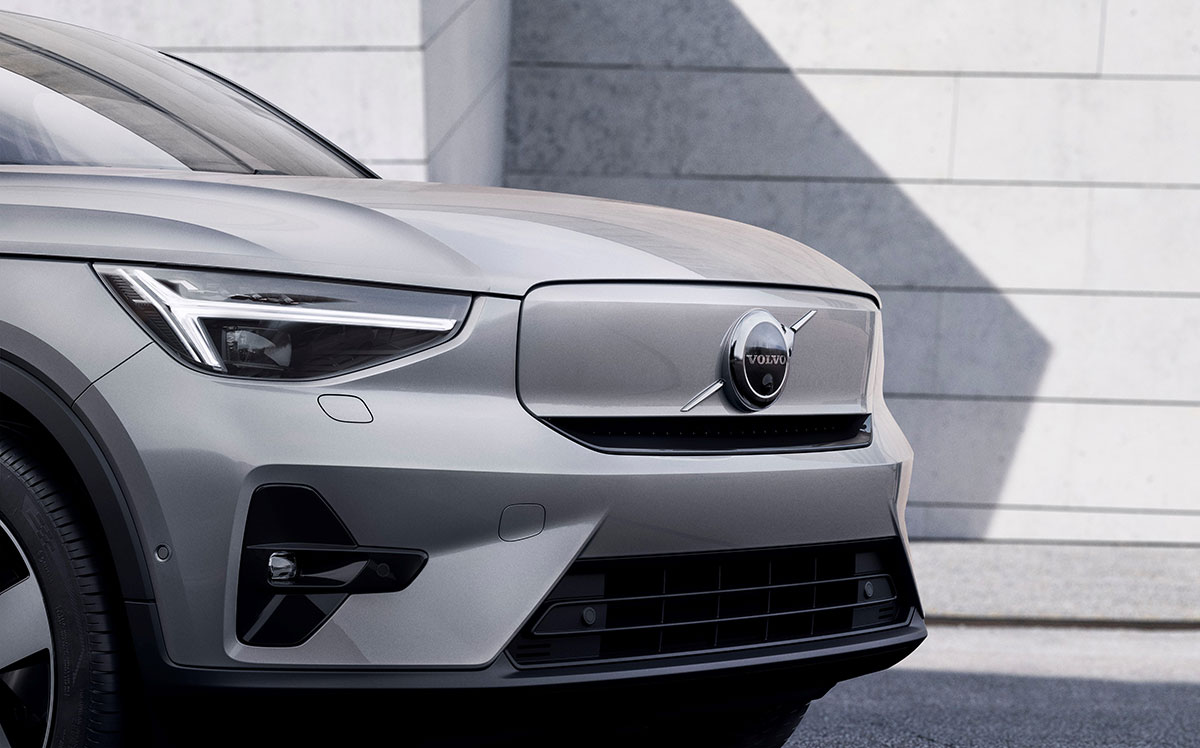

 Volvo’s first all-electric vehicle, the XC40 P8 Recharge is capable of travelling up to 418 km on a single charge. The XC40 P8 Recharge will deliver a brisk performance, with its twin electric motors producing 304 kW of power and 660 Nm of torque to deliver a 0-100 km/h time of just 4.9 seconds.
Volvo’s first all-electric vehicle, the XC40 P8 Recharge is capable of travelling up to 418 km on a single charge. The XC40 P8 Recharge will deliver a brisk performance, with its twin electric motors producing 304 kW of power and 660 Nm of torque to deliver a 0-100 km/h time of just 4.9 seconds. Volvo Cars has kicked off 2021 on a high note – with global sales increasing by 40.8% in the first quarter of the year (versus the same period last year). Volvo Cars’ Recharge range accounted for 26% of all Volvo cars sold worldwide in March.
Volvo Cars has kicked off 2021 on a high note – with global sales increasing by 40.8% in the first quarter of the year (versus the same period last year). Volvo Cars’ Recharge range accounted for 26% of all Volvo cars sold worldwide in March.